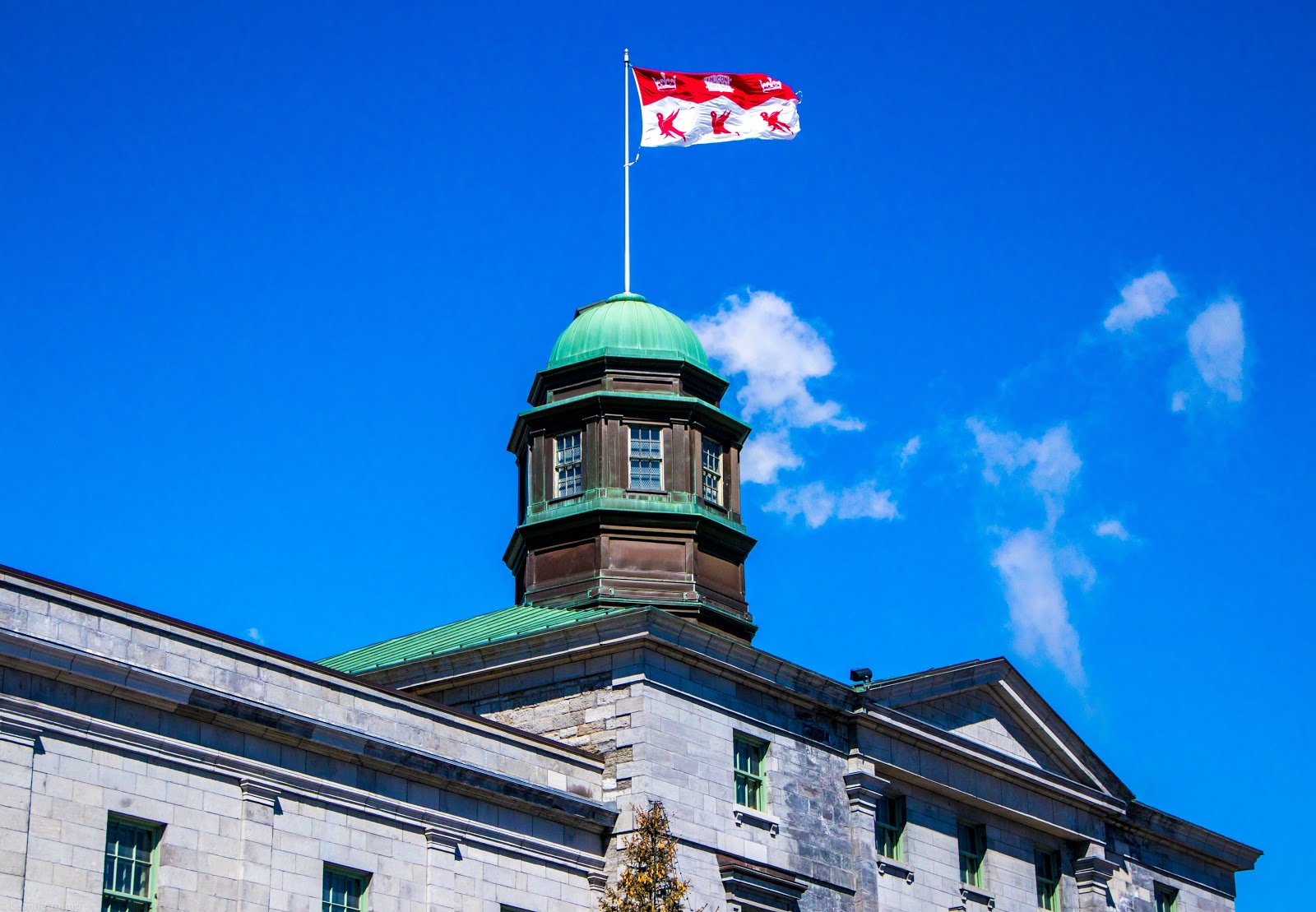On Nov. 30, the Students’ Society of McGill University (SSMU) published an open letter regarding McGill’s Statement on Academic Freedom, arguing that the statement’s unclear wording allows professors to engage in bigoted behavior under the guise of academic freedom. SSMU demanded that McGill do more to protect students from discriminatory language, and requested that McGill strip Philip Carl Salzman of his title Professor Emeritus in anthropology, citing several prejudiced and discriminatory pieces he has posted to public forums in the past several years. His articles direct harmful rhetoric towards minorities, especially Muslims and Arabs. The university’s retort two weeks later defended Salzman’s speech as his academic right, but students remain concerned by their response and lack of action. McGill should be incentivized to remove the title of Professor Emeritus from Salzman, if not because they care about defending students from racism, but because it is in their own self-interest. The issue has put McGill in the centre of a controversy that threatens the university’s reputation, one they would seek to preserve even as they prioritize a twisted form of free speech over their students.
Among some of Salzman’s articles published in the last five years are titles such as “’Islamophobia’ Invention Has Served Its Purpose Spectacularly Well,” and “Arabs Strive for Honor, Not Peace,” which clearly single out Muslims and Arabs. The texts themselves are even more disconcerting—the former piece claims that Islamophobia is a creation to silence dissent towards Islam in its first sentence. Not only is that an extraordinarily racist view on the subject, but it ignores significant acts of violence towards Muslims, such as the Quebec City mosque shooting in 2017.
Although Salzman’s works are harmful to the university’s reputation—and more importantly, to its students—McGill declined to take action on the matter in a response penned by Provost Christopher Manfredi on Dec. 15. In fact, the controversy triggered a wave of opinion pieces, including one published in the Montreal Gazette, which defended Salzman’s writings as part of a necessary diversity of thought in society and academia. A petition was also made that directly asked that McGill make a “public vindication” of Salzman. Despite having been started by the nonpartisan-sounding National Association of Scholars (NAS), the group is actually a conservative, American non-profit that champions the teaching of “Western civilization and American history.” The term “culture war” was coined in the 1990s to describe a phenomenon where the left and right struggle for cultural consensus on controversial topics, such as free speech. The fact that culture war obsessives like the NAS have picked this controversy to focus on should worry McGill’s administration, as they are drawn into a political fight that could damage the university’s reputation.
Salzman’s writings cross a moral boundary that harms students, but if the university refuses to acknowledge that, it must think of this situation from a pragmatic standpoint. SSMU’s letter does not necessarily call for radical change: It seeks to clarify the academic freedom policy rather than letting it be used as a blanket defense. Clarifying what McGill views as protected speech will serve to avoid such issues in the future. Such simple steps should not be rejected as carelessly as in the Provost’s statement addressing the situation.
McGill’s administration may view itself as being neutral, but neutrality is a matter of perception, and their inaction will continue to harm students. It is not as if academics being stripped of titles will stop them from publically espousing toxic views. Famous geneticist James Watson has claimed race is linked to intelligence, and the subsequent stripping of his titles has not stopped him from making these comments repeatedly over the last two decades. So by allowing Salzman to keep his title despite making similarly racist claims about Middle Eastern culture being warlike and cruel, all McGill is doing is making itself a target in this case and in future cases.









Discussing how honor affects the religious isn’t out of bounds, nor is it “racist.” Salzman is likely the first to know that painting culture in broad strokes is likely to misinterpret outliers. But the point remains, he’s an anthropologist, he studies people and their cultures, and part of that job is making sure we normies can understand some of the motivations that drive individuals from other cultures, including our own and especially our “phobias.”
Freedom of speech, in the U.S. as in Canada, isn’t a free license, it has bounds in this philosophical principle called “ordered liberty.” Academic Freedom is somewhat more self-apparent. Without the freedom to research and publish, academics can be threatened into silence, turned away from researching sensitive topics (such as a war during a period of extreme war popularity, crime statistics, embarrassments of the state or institution), and thus do great harm to the academic enterprise which is to seek truth.
A professor ought to not publish outright lies. But academic freedom doesn’t cover lies, it protects professors when they discover or write inconvenient truths. Academic Freedom, and Institutional Neutrality, ought to be held as the gold standard on campus.